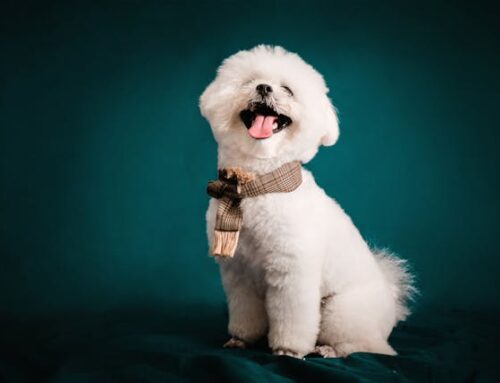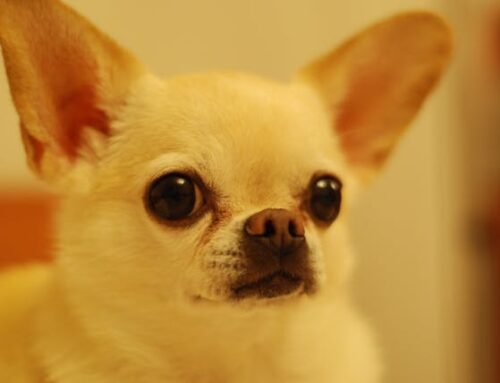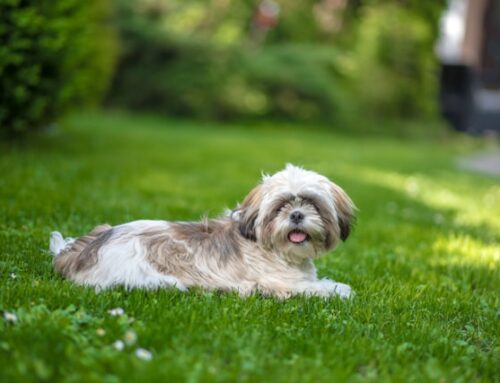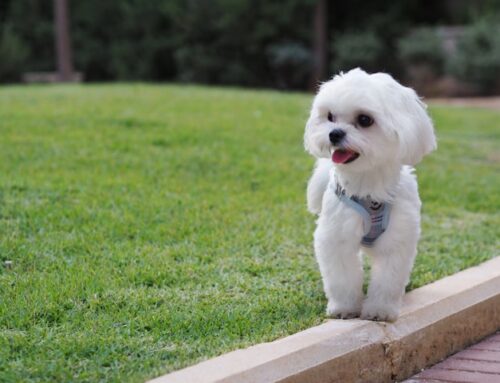 Bringing home your new puppy is an exciting time, and you’re probably already in love with the furry new addition to your family. However, puppies need proper training and guidance to help them learn the expectations of your household. There are many methods to teach your puppy correct behavior, but mistakes are bound to happen during this process. Choosing how to discipline a puppy will have an impact on the bond you build with it, so it’s important to choose an appropriate response to correct bad behavior.
Bringing home your new puppy is an exciting time, and you’re probably already in love with the furry new addition to your family. However, puppies need proper training and guidance to help them learn the expectations of your household. There are many methods to teach your puppy correct behavior, but mistakes are bound to happen during this process. Choosing how to discipline a puppy will have an impact on the bond you build with it, so it’s important to choose an appropriate response to correct bad behavior.
Never Use Aggression
Puppies are eager to please and are not going to behave badly on purpose. Remember that they are trying to learn and may take some time to understand what you expect. When your puppy makes a mistake in training, such as having an accident in the house or chewing something it shouldn’t, it’s important to avoid aggressive responses, even when you are angry. Using corporal punishment on your puppy will only teach it that aggression is okay and may make it fearful of you. If your puppy doesn’t trust you, training will be much more difficult. Depending on the mistake, there are several other methods you can use to improve your puppy’s behavior.
Redirection
If you have a puppy that likes to chew your belongings or is struggling to respect boundaries, redirection can be a great tool to start with. Each time you see your puppy playing with something inappropriate or entering an area it shouldn’t, firmly say no and gently guide it to an area or a toy that is allowed. This may take several attempts, but consistency is important to help your puppy understand your rules.
Potty Association
Puppies have immature bladders, so it isn’t uncommon to experience potty accidents in the first few weeks. If you find evidence that your puppy has had an accident, quickly take the dog to an outside area. If your puppy eliminates outside, praise it to help build the association between outside and elimination. Frequent trips outside can speed up this process by offering more opportunities for praise and setting your puppy up for success. It’s important to avoid yelling at your puppy for potty accidents. Doing so may confuse and scare your puppy, making it more likely to find places to hide before going to the bathroom in your home.
Positive Reinforcement
In all cases, using positive reinforcement is the best tool for disciplining your puppy without damaging the trust between you. Instead of focusing on the mistakes, praise and reward good behavior. Once your puppy understands what you want, it will work hard to continue doing the right thing to make you happy. Kind words, treats and belly rubs are all great ways to let your puppy know when it has made a good decision and reinforce positive behavior.
Time-Outs
Kennels can also be an excellent tool for discipline. Sometimes puppies misbehave because they get too excited. Having a calm, enclosed space to settle down can also help improve your puppy’s behavior. Be sure to let it back out when it has relaxed and give it an opportunity to correct its behavior.
Remember that some behavioral problems can be associated with illness, so be sure to rule those issues out when training. Also, use consistent and easily differentiated words, such as no, off and down for verbal cues. Disciplining a puppy doesn’t have to be unpleasant. In fact, when you take the time to discipline properly, it can be a bonding experience for the two of you, helping you both understand each other better.
If you are hoping to add a new furry member to your family, take a look at Georgia Puppies Online current selection of sweet pups available today.




